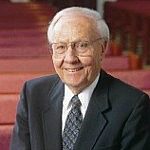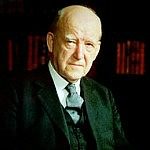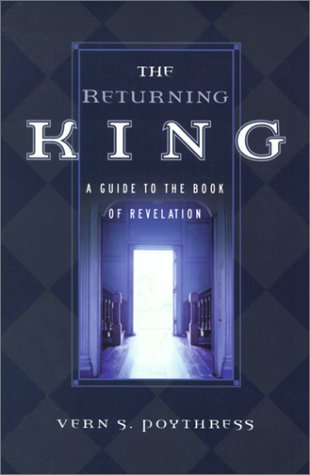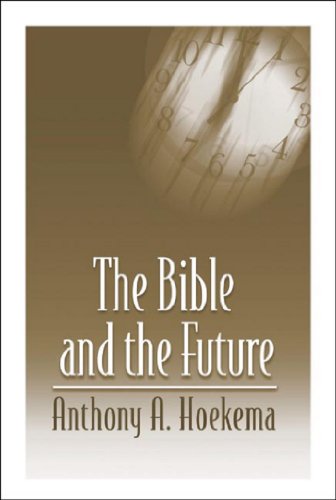Quotes about Eschatology-Charity
[C.H. Spurgeon] refused to spend an inordinate amount of time discussing, for example the relationship of the rapture to the tribulation period, or like points of eschatological nuance. An elaborate dispensational chart would have little or no appeal to Spurgeon. Any dispensational framework that has a tendency to divide the Scriptures into segments, some applicable to contemporary life and some not, did not get his attention at all. He probably would have rejected any such scheme. He kept to the basics of future things.
Evangelicals who hold to these various positions [on Christ’s return] all agree that Scripture is inerrant, and they have a commitment to believe whatever is taught by Scripture. Their differences concern the interpretation of various passages relating to these events, but their differences on these matters should be seen as matters of secondary importance, not as differences over primary doctrinal matters.
Systematic Theology, Zondervan, www.zondervan.org, 1994, p. 1095. Used by Permission. Get this book!
The great doctrine of the second advent has in a sense fallen into disrepute because of…this tendency on the part of some to be more interested in the how and the when of the second coming rather than in the fact of the second coming.
We must not divide on the question of prophetic interpretation: pre-, post-, a-millennialist, and so on. Not one of them can be proved, so we must not put them into the category of essentials. You have your views; hold them. Let us discuss them together; let us reason together out of the Scriptures; but if we divide on these matters, I maintain that we are guilty of schism. We are putting into the category of essentials what is non-essential.
Third-order issues are doctrines over which Christians may disagree and remain in close fellowship, even within local congregations. I would put most debates over eschatology, for example, in this category. Christians who affirm the bodily, historical, and victorious return of the Lord Jesus Christ may differ over timetable and sequence without rupturing the fellowship of the church… Christians should never separate from a church over third-order issues.
Theological Triage: Christians divide from non-Christians over primary doctrines, and Christians are willing to die for these doctrines. Churches distinguish themselves from one another over secondary doctrines, yet they partner together around primary doctrines. Christians in the same church disagree with one another over tertiary doctrines, but it does not in any way decrease the intimacy of their fellowship with one another.
All portions of Scripture…ought to be approached with deep humility and earnest prayer for the teaching of the Spirit. On no point have good people so entirely disagreed as on the interpretation of prophecy; on no point have the prejudices of one group, the dogmatism of a second and the extravagance of a third done so much to rob the church of truths which God intended to be a blessing.
I think we also learn from this to be charitable towards different views. Each person must be fully convinced in his own mind, at least if you can be. But we must distinguish between central issues of the faith and issues which aren’t central. Some people have a hard time doing that. Everything for them is of equal importance in the Bible. But that’s not true. There are some things that are non-negotiable in our faith. The Trinity is non-negotiable. The authority of Scripture is non-negotiable. The substitutionary atonement, justification by faith alone, the deity of Christ, and, of course, I could mention other things. But there are less clear matters in the Bible as well; things like when the rapture will take place and what we’re looking at today regarding the millennium. We must beware of being divisive, and schismatic, and inflexible on matters that are less important. That really shows, I think, a character flaw in us – something that God wants to work on in us.
You will bear me witness, my friends, that it is exceedingly seldom I ever intrude into the mysteries of the future with regard either to the second advent, the millennial reign, or the first and second resurrection. As often as we come about it in our expositions, we do not turn aside from the point, but if guilty at all on this point, it is rather in being too silent than saying too much
It is honest to admit that there is much room for difference of opinion here.
Those who wish to see the arguments upon the unpopular side of the great question at issue, will find them here; this is probably one of the ablest of the accessible treatises from that point of view. We cannot agree with Mr. Young, neither can we refute him. It might tax the ingenuity of the ablest prophetical writers to solve all the difficulties here started, and perhaps it would be unprofitable to attempt the task… Only fools and madmen are positive in their interpretations of the Apocalypse.
Before coming to a dogmatic millennial perspective, the lone fact that so many well-intentioned and intelligent Christians believe so variously when it comes to Revelation 20 must give us pause. The Book of Revelation itself is probably the most curious and oft-debated piece of the canon. This ought to place us in a position of caution when either accepting or dismissing another’s interpretation.










